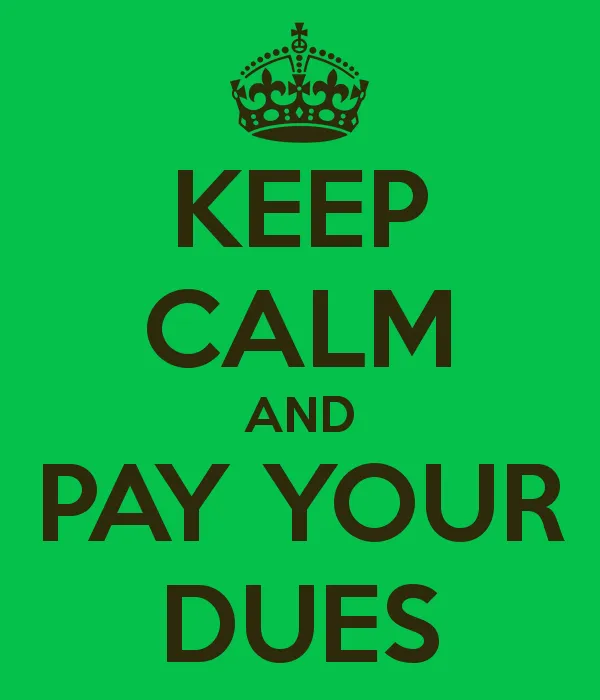I work at a K-5 elementary school, and the other day I was walking down the hall when I saw two students, probably about 9, walking past me in the other direction. One of them looked upset about something and was talking pretty loudly to the other. I said something like "What's going on here?" Thinking this was a more empathic, compassionate response than kids sometimes get from adults in the school, and certainly more so than I was used to getting from adults at that age, I expected an in-kind reaction. But what I got instead was an annoyed look followed by a dismissive "uggh, don't worry about it."
"Well okay then," I thought, taken aback by what I perceived as brashness and disrespect from this youngster, who, by virtue only of his age and stature, hadn't yet earned the right to respond to me in this way.
As a school-based therapist, this wasn't the first experience I'd encountered like this; in the counseling space, this kind of annoyance isn't all that uncommon. But in the hall, with someone I didn't know and who didn't know me - someone I was literally looking down upon - it stung.
I immediately asked myself why.
**
On recent visits with my parents, I've noticed my dad asking me more and more pointed questions about my work. Throughout his adult life he has worked incredibly hard, building and running multiple small businesses while also taking on side jobs that included teaching, refereeing, and coaching. Growing up with this as my model, I too have worked hard for many years, even if I haven't always been sure why. More recently, I have begun to question work for work's sake, and at my job I've gone down from 5 days/week to 4. I'm currently pursuing a position that would be 2 days/week.

When I told my dad about this, I could tell he was hiding his incredulity, along with a fair share of disappointment. "So you'd make as much as you're making now, but only working 2 days?!" Followed by "I have a hard time understanding how that is." Followed by "What else would you do?"
On the surface, I've often thought this kind of disappointment-masked-as-surprise was about me not working hard enough or not following the example he set. But upon reflection, I think it's deeper than that. I think he's looking for solidarity.
**
How often do we hear the expression "you've gotta pay your dues" and think nothing of it, tossing it around as a fundamental, universal axiom? We'd be forgiven for doing so, given that, in most cases:
Before you get dessert, you have to eat your dinner.
Before you start first grade, you have to finish Kindergarten.
Before playing outside, you have to do your homework.
Before joining a fraternity, you have to get hazed.
Before becoming a doctor, you have to spend a decade learning and training.
Before gaining tenure, professors have to pass through a rigorous, years-long vetting process.
And so on and so on.
Of course we could think of good reasons for many, if not all, of these examples. But how often does this belief keep us stuck in old ways of being?
It's the belief that made me upset that a 3rd grader didn't act toward me "the way we acted toward adults back in my day" (as I said in my head after it happened). It's the belief that drives my dad to continue subtly pushing me toward a more punishing work schedule, so that (I think) he can have someone to connect with about how bad it is, so that it gives justification to his past suffering.
On a more macro level, it is this belief that pushes police and military officials to make trainees suffer in the same ways that they did, and in ways that often make them bitter and resentful, not just toward the next generation of soldiers but toward the public at large. It is often what leads fathers to pressure their sons to join the military. It is a big part of the perpetuation of unhealthy cultural practices, from physically and emotionally punishing kids ("it'll toughen you up"), to getting black-out drunk on your 21st birthday, to the practice, in many cultures, of FGM.
The common thread in all of these cases, I think, is that it keeps us stuck. It restricts our freedom to explore and to learn by trying new things, and doing things differently than past generations have. It is insidious in large part because of the emotional connection we so often have to the parties imposing this belief on us; no matter how well-intentioned their efforts might be, we often follow their dictates without thinking about it or realizing what we're doing. The animating, unconscious thought so often being: if I had to do it, then they should too. They should pay their dues.
What might happen if we were to free ourselves from this oppressive belief? And what would it take to do so? Speaking personally, I know I would have responded more empathically to the 3rd grader at my school, and I wouldn't have felt so much pressure for so many years to work-work-work, at least not without first asking why-why-why?
What would it be like to start noticing when this idea shows up, and when it influences your thoughts, feelings, and actions? How might your life look differently if you disentangled yourself from this dangerous idea?